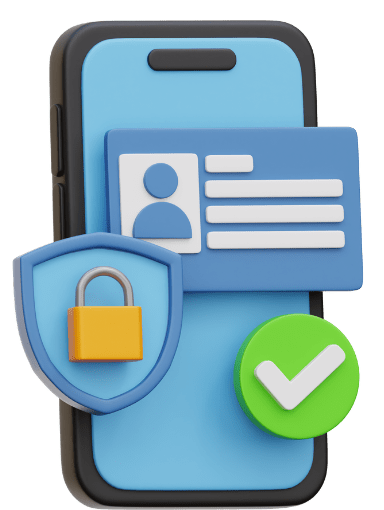Privacy check-up: LinkedIn and Instagram
Published: October 8, 2024

In today’s digital landscape, social media platforms like LinkedIn and Instagram are integral to our personal and professional lives. However, identity thieves and hackers can use what you post on these platforms to steal your personal information, posing a risk to your privacy and online reputation. Use the following tips to conduct a check-up for your social media privacy health.
Diagnosis: How your data is used

Prescription: Tips for staying safe




